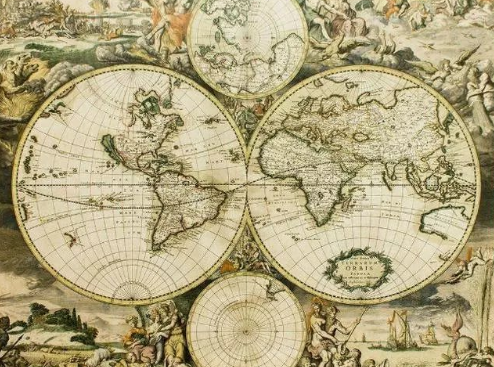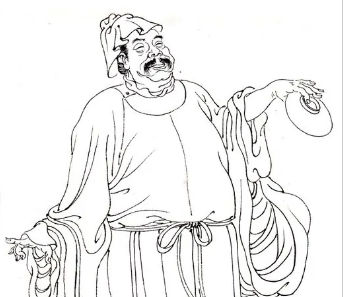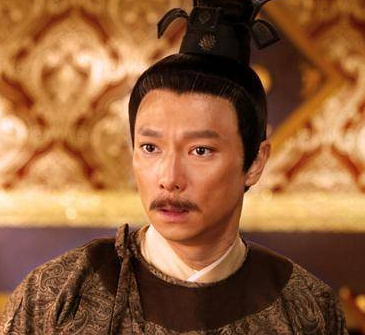In China's long cultural tradition, idioms, as the treasures of language art, carry rich philosophy and values. Among them, there are many idioms that describe dedication, vividly portraying the noble qualities of selfless dedication and inspiring generations of people.

"Selfless dedication" is the most direct expression, praising those who contribute wholeheartedly to others or causes without considering personal gains and losses. This spirit is regarded as an example of virtue in traditional Chinese culture, embodying the harmonious unity of individual and collective interests.
"Jugong Jinchui" comes from "Record of the Grand Historian" and describes a person who does their utmost for the country or public affairs until they are exhausted. This idiom emphasizes the ultimate dedication, highly evaluating those who do not consider rewards and disregard personal safety.
"Sacrifice oneself for others" emphasizes the noble character of giving up personal interests to help others at critical moments. This idiom reflects the collectivism spirit in traditional Chinese culture, encouraging people to lend a helping hand when facing others' difficulties.
"Spare no effort" means to go all out in doing something, leaving no regrets. This idiom is often used to describe full commitment to a task or goal, embodying the action of dedication.
"Dagong Wusi" describes a person who has a broad mind, does not care about personal gains and losses, and is fair and unbiased. This idiom is not only a compliment to personal qualities but also a pursuit of social ideals.
Although "Gan Dan Xiang Zhao" does not directly describe dedication, it conveys the profound friendship of being honest and willing to sacrifice everything for each other. This spirit is particularly important in teamwork and interpersonal relationships.
These idioms are not only used in language expression but also play an important role in education, culture, and even daily life in Chinese society. They have become the standards for measuring individual moral behavior and are important drivers of social harmony and progress.
In summary, idioms describing dedication are valuable treasures in Chinese culture. They convey the profound connotations of dedication in concise and powerful forms. These idioms are not only praise for personal character but also the promotion of social values. By studying and practicing these idioms, we can better understand the meaning of dedication, integrate it into our lives, and pass it on to society.
Disclaimer: The above content is sourced from the internet and the copyright belongs to the original author. If there is any infringement of your original copyright, please inform us and we will delete the relevant content as soon as possible.































